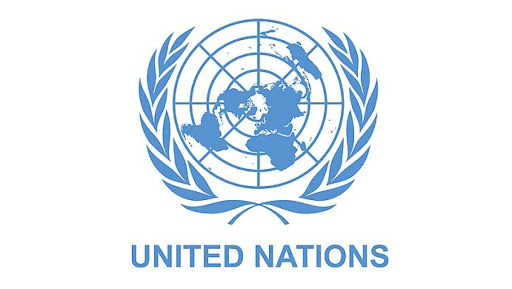NEW DELHI: Indian refiners are preparing to recalibrate operations as U.S. sanctions against Russian oil giants Rosneft and Lukoil come into effect, threatening to disrupt a major source of crude supplies.
Reliance Industries, one of India’s largest refiners, said on Friday it is adjusting its refinery operations to comply with sanctions imposed by the U.S. Office of Foreign Assets Control (OFAC), as well as other international restrictions. However, officials indicated that domestic fuel consumers are unlikely to face an immediate price impact, as state-run refiners are expected to absorb short-term costs while securing alternative supplies.
Refiners Assess Compliance and Supply Options
Indian refiners are currently studying the OFAC notification to understand implications on payment mechanisms and compliance requirements. They are also preparing for a transition to non-Russian crude after the November 21 cut-off date.
In its statement, Reliance said it was modifying operations “to meet compliance requirements of applicable sanctions and regulations, including European Union curbs on refined product imports and any government guidance.” The company emphasized that supply contracts “evolve to reflect changing market and regulatory conditions” and affirmed confidence in its diversified crude sourcing strategy to ensure stability in both domestic and export operations.
Potential Market Impact
The sanctions on Rosneft and Lukoil—who together export 3–4 million barrels per day, or roughly 3–4% of global supply—have already pushed oil prices higher. Brent crude climbed above $66 per barrel on Friday, after a 5% surge the previous day.
So far in 2025, 34% of India’s crude imports have come from Russia, with Rosneft and Lukoil accounting for nearly 60% of that share. An IndianOil executive said replacements could be sourced from West Asia, Africa, and the U.S., but cautioned that global competition for these supplies would raise prices and narrow refining margins.
Economic Implications
Credit rating agency ICRA estimates that replacing Russian crude with market-rate alternatives could raise India’s oil import bill by about 2%, potentially straining macroeconomic indicators. Refiners, however, hope that Russian oil will continue to flow through indirect channels despite sanctions.
While EU curbs have reduced Russia’s “shadow fleet” capacity, analysts say Moscow may still manage significant exports via new intermediaries and transshipment routes, partially offsetting supply losses and stabilizing prices.
Much, however, will depend on how rigorously the U.S. Treasury enforces the sanctions in the weeks ahead.




